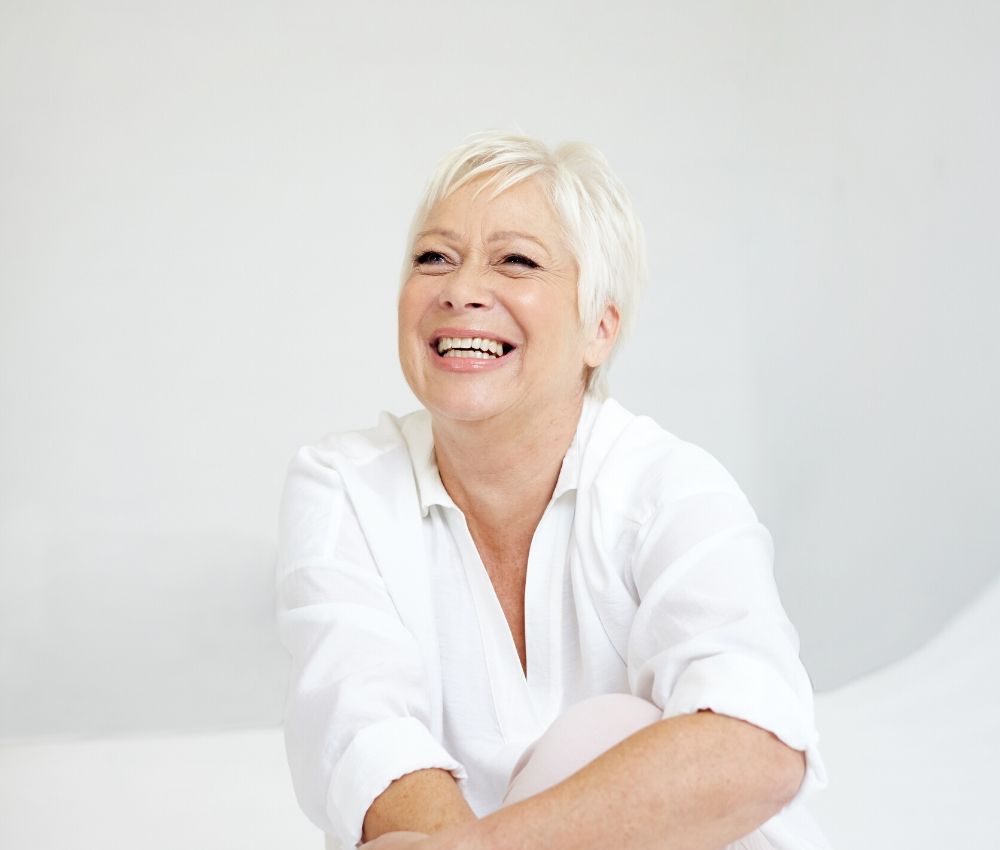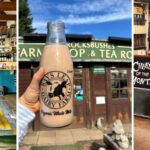- Work Hard
- 10th Jul 2020
- 1,079 Views
- 0
- 1 minutes
Denise Welch: “I’m thrilled to be a voice for mental health”

One of the region’s most famous faces talks to High Life North about the success of her new book, The Unwelcome Visitor, which charts her own struggles with depression.









Comments